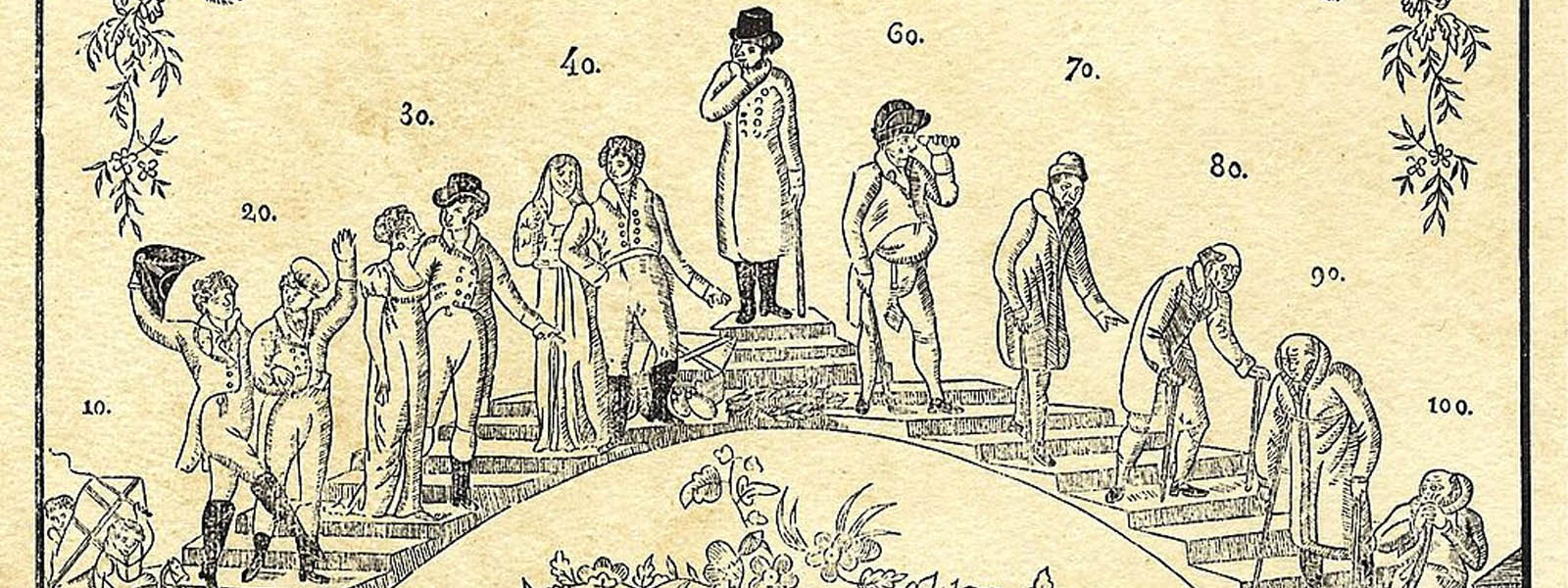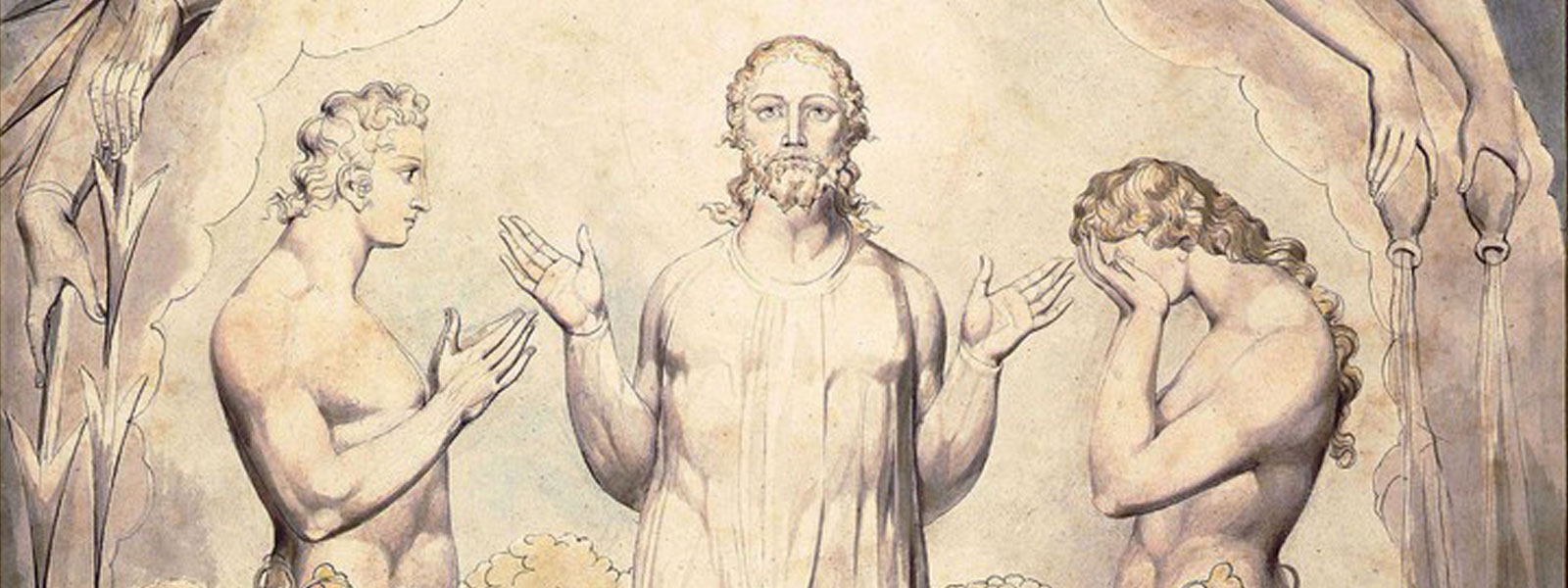/prod01/university-of-lincoln-cdn-pxl/media/responsive2017/research/newresearch/Wetlands-1600X600.jpg )
Literature and Environmental Crisis
Our Research
Staff in English work on a wide range of topics relating to cultural, political, and philosophical questions about how we deal with environmental change, or use and value resources and landscapes, and assess changing historical perspectives on our connection to non-human nature.
This work informed an English Impact Case Study for REF 2021 - ‘A Climate of Fear: Gothic and our (Social) Landscape’.
Current Topics
The team is working on a number of projects including:
Flood narratives in nineteenth-century literature and visual culture, including representations of the apocalyptic Deluge and more quotidian river flooding as common subjects for nineteenth-century writers and painters.
The use of the werewolf figure in medieval romances (French, Latin, and Middle English) that date from the twelfth to fourteenth centuries, drawing on modern philosophy and cultural studies to address how the werewolf conveys understandings of identity that incorporate human and animal bodies, environments and objects, and political systems, including the violence often associated with them.
Gothic travellers in literature from the late-eighteenth century to the contemporary in their encounters with disquieting weathers, climates, landscapes, and topographies in texts that engage with concerns ranging from climate change to the negotiation of cultural difference.
Research Themes




